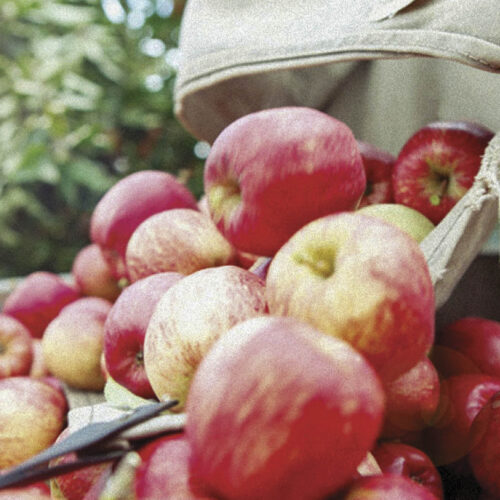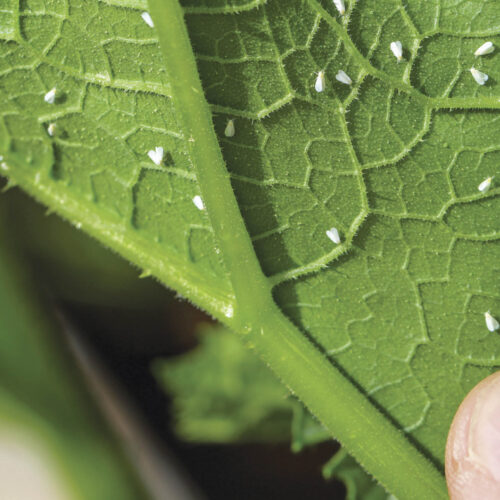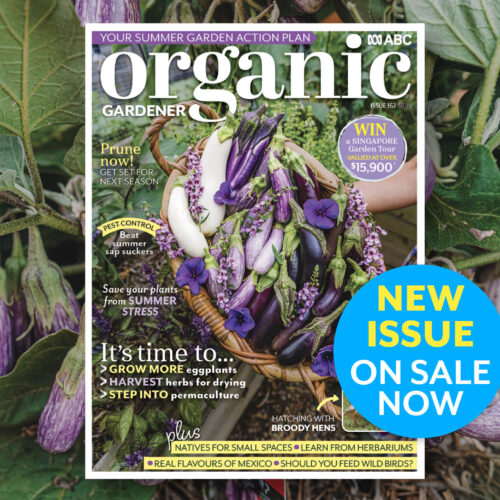5 shower water catchers to be won!
2026-02-26T11:35:19+11:00
Stop that excess water going down the shower drain - catch and carry to your garden instead!
Every litre you save at home is a little buffer for the garden, especially in the drier months – and in an effort to save what we can, it’s not unusual to see a plastic bucket waiting to catch the water that is usually wasted as a shower heats up.
But the new SEVAS Water Catcher offers another option – a stylish and simple way to put that ‘waiting for the shower to warm up’ water to better use. Pop it under the shower head to collect up to 5L, then tuck it neatly against the wall until you are ready to tip it onto pots, seedlings, or thirsty beds. It is compact, easy to carry, and needs no installation, which makes it the kind of small habit that can quietly add up over a season.

Here’s your chance to win 1 of 5 SEVAS water catchers, and save some of that excess shower water. Enter now!
This competition will start soon.






